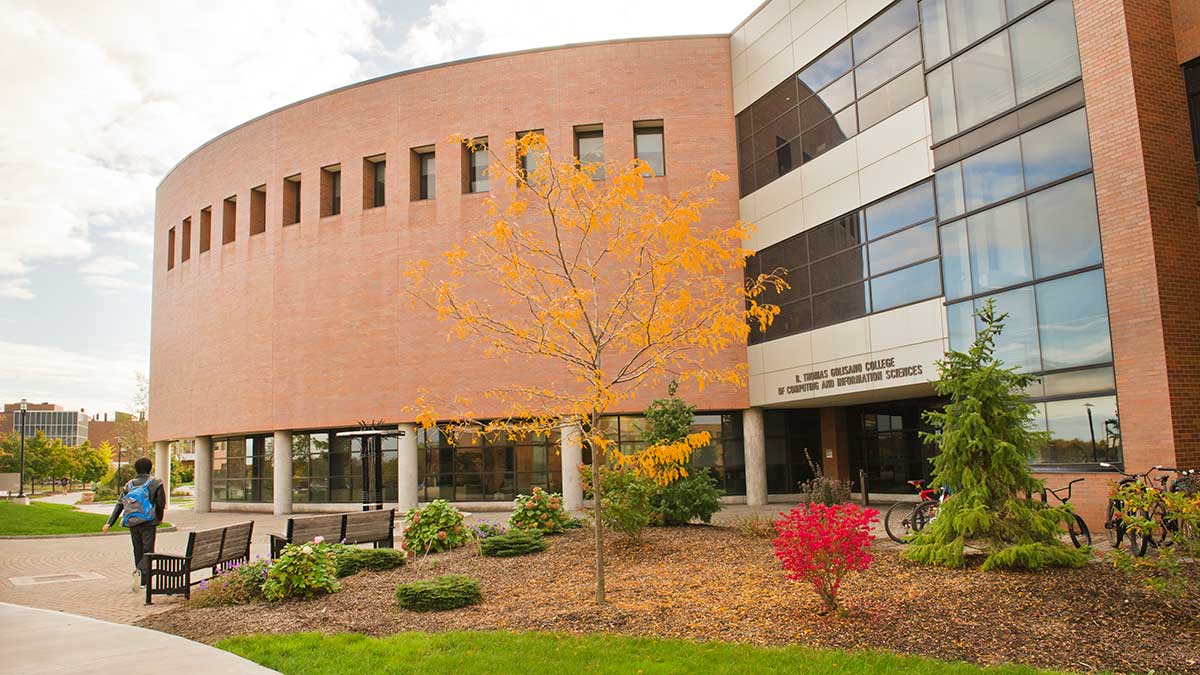Newsmakers
Highlighting the professional and academic accomplishments of College of Computing and Information Sciences students, faculty, and staff.
Newsmakers are a quick and easy way to acknowledge the professional and academic accomplishments of RIT students, faculty, and staff, such as publishing an article in a scholarly journal, presenting research at a conference, serving on a panel discussion, earning a scholarship, or winning an award. Newsmakers appear in News and Events as well as the "In the News" section on faculty/staff directory profile pages.





